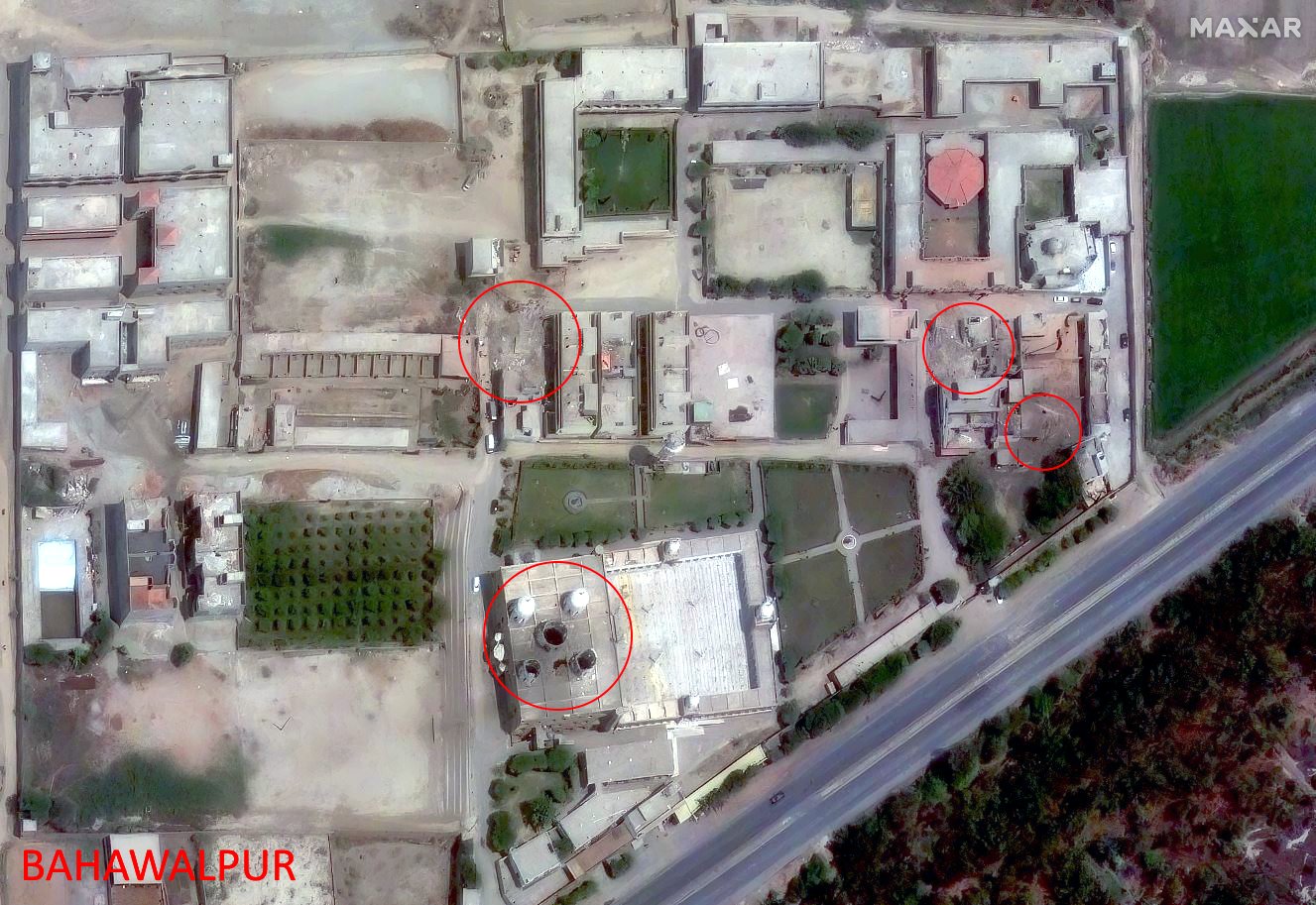
Dear Reader, It is a hundred years since a group of volunteers torched up a police station at a small village in Gorakhpur district of the United Provinces. This week prime minister Narendra Modi inaugurated the centenary celebrations of the Chauri Chaura incident which had led to the suspension of the non-cooperation movement. It is interesting that even though the occurings at Chauri Chaura was abhorred by Mahatma Gandhi, to the extent that he decided to suspend the movement, the moment has gone down the pages of national history as a most significant one in the course of the freedom struggle. In the post-Independence era two memorials and a train has been named after Chauri Chaura. The one memorial which was built in 1924 to commemorate the police who were killed, too was nationalised in 1947 as the inscription put by the British was gouged out and ‘jai hind’ inscribed in its place. In this article, we closely examined the Chauri Chaura incident and Gandhi’s reaction to it. We also studied the true significance of the incident in the larger history of the freedom struggle and the way in which independent India remembers it. The annual budget was presented this week. In this context, we went 150 years back to find out more about a Scottish businessman named James Wilson. Wilson presented the firs-ever budget of India in 1860. He was appointed by the British Crown to find a solution to the financial crisis that erupted in the country post the mutiny of 1857. In this piece, we dug out more about Wilson’s life. Apart from being a member of the Parliament in Britain, he also has a credible presence in the history of journalism as he was the founder of ‘The Economist’ newspaper. Wilson died a tragic death within a year of being India. Interestingly, despite his significant presence in the budgetary history of India, he remained buried inconspicuously in a cemetery in Kolkata. It was only in 2007 that Wilson’s grave was accidentally discovered. Wish you a pleasant weekend ahead. Sincerely, Adrija Roychowdhury | 
No comments:
Post a Comment